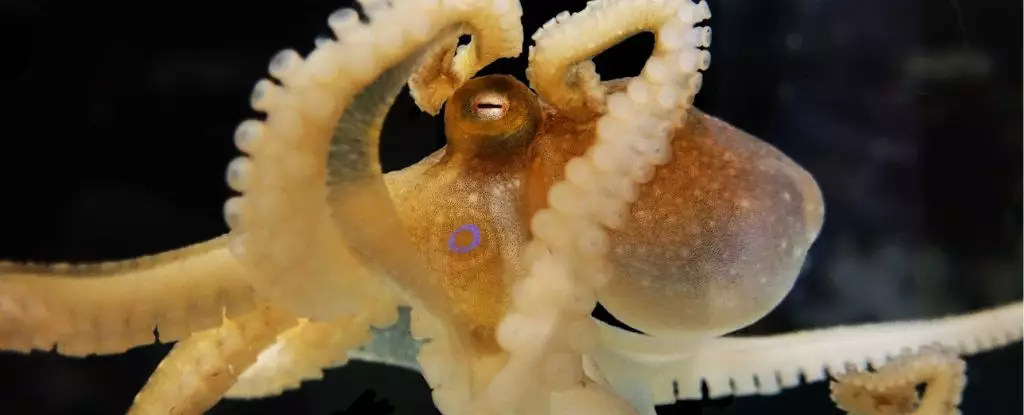The recent discovery in the octopus genome has revealed that cephalopods may possess the oldest sex chromosomes of any animal. This groundbreaking finding challenges previous assumptions about these unique creatures and sheds light on their genetic makeup. Biologists have traditionally relied on observation to determine the sex of octopuses, but the presence of a sex chromosome system in their genes adds a new dimension to our understanding of their biology.
Researchers at the University of Oregon have identified a unique chromosome pair in the California two-spot octopus, known scientifically as Octopus bimaculoides. By comparing the genomes of male and female octopuses, they discovered a distinguishing chromosome on number 17. This discovery marks the first evidence of genetic sex determination among octopuses, with males typically having a double-Z pair and females possessing only one Z chromosome.
The Z chromosome found in octopuses is considered an “evolutionary outlier” that sets them apart from their close relatives. By analyzing the genomes of various cephalopod species, researchers have determined that this unique chromosome likely originated between 455 and 248 million years ago. If this timeline is accurate, the octopus may have the oldest animal chromosome on record, surpassing even some insects with sex chromosomes dating back 450 million years.
In comparison to other animals, the sex chromosomes of octopuses offer valuable insights into the evolution of genetic sex determination. While mammals typically rely on an XY system, with females possessing two X chromosomes and males having one X and one Y chromosome, octopuses have a reverse system. The discovery of the Z chromosome in cephalopods highlights the diversity of sex chromosome systems across different species.
The study of sex chromosomes in octopuses opens up new avenues for research into the evolution of genetic sex determination. With their ancient and unique chromosome system, octopuses could serve as fascinating models for understanding the complexities of sex determination in animals. As biological research continues to uncover the mysteries of genetic inheritance, the story of sex chromosomes evolves, challenging our assumptions and expanding our knowledge of the natural world.



Leave a Reply